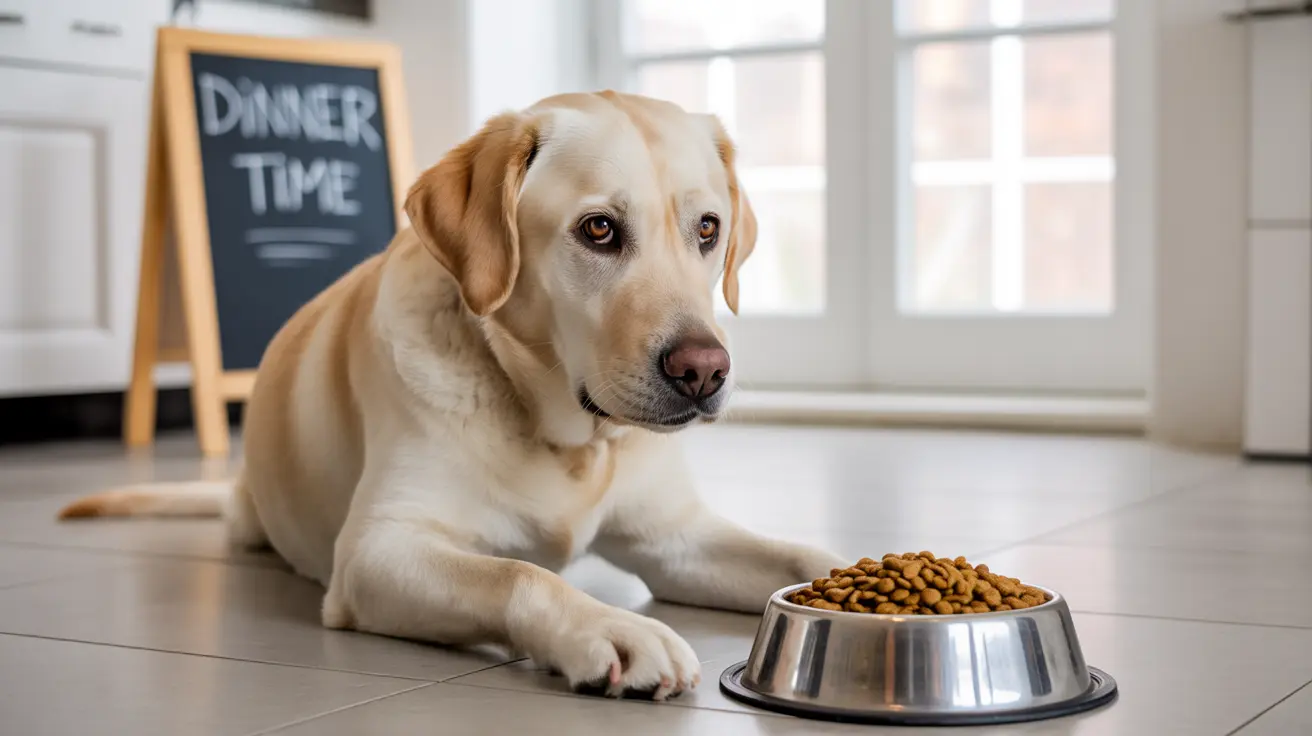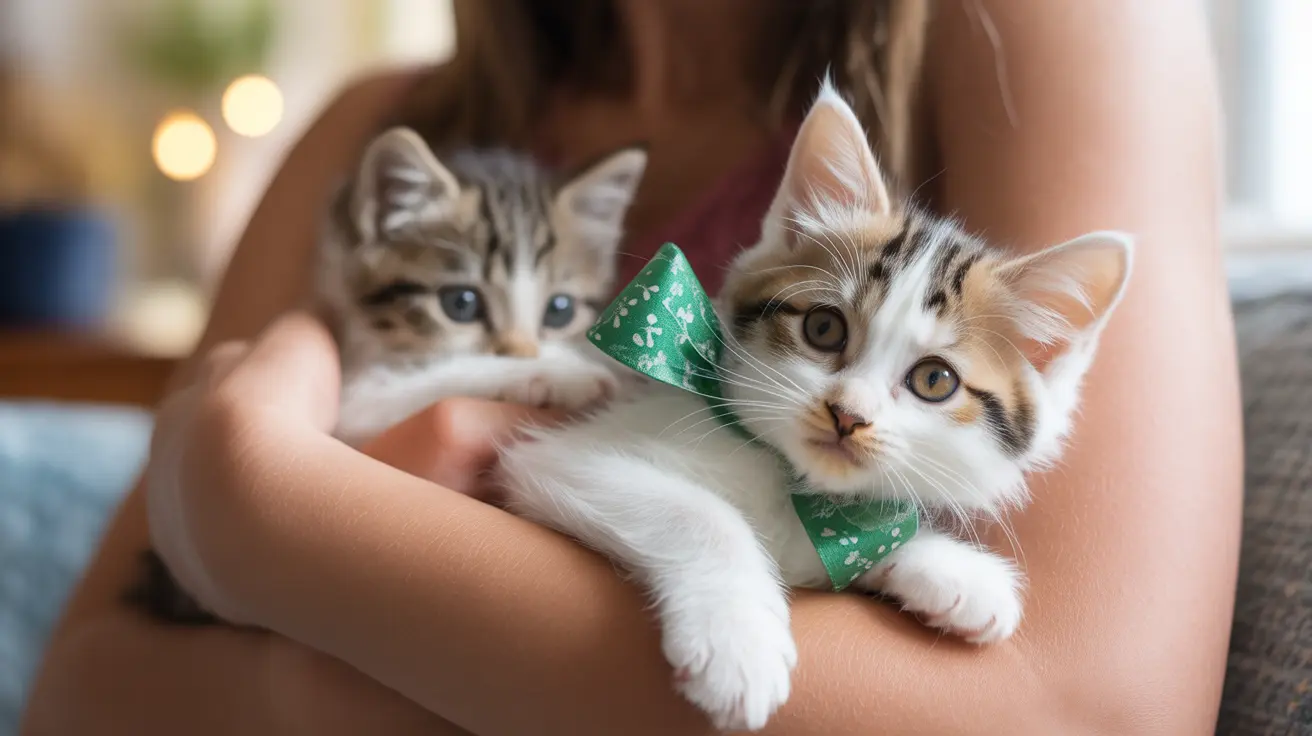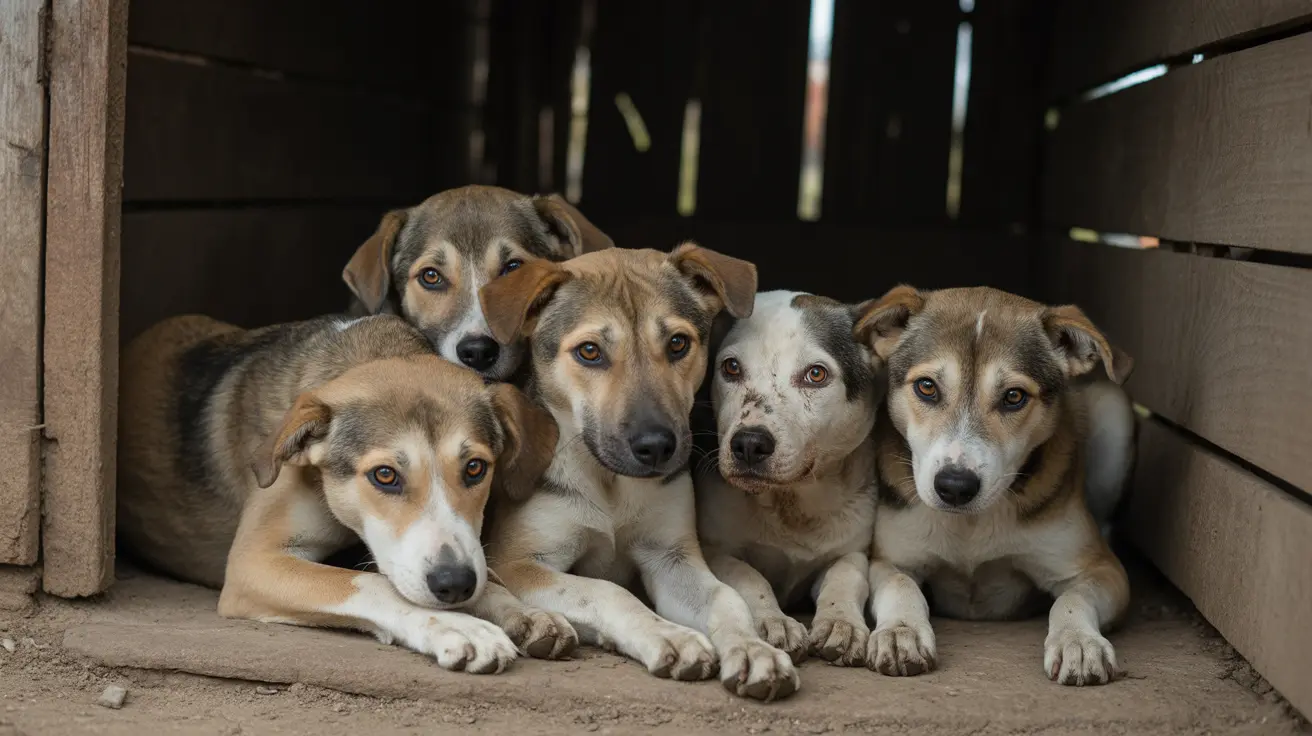Dogs that are obsessed with food can present significant challenges for their owners. From constant begging to dangerous scavenging behaviors, food obsession in dogs isn't just a minor inconvenience—it can lead to serious health and behavioral issues. Understanding why your dog is fixated on food and learning how to manage this behavior is crucial for their wellbeing and your peace of mind.
Common Signs of Food Obsession in Dogs
Food-obsessed dogs typically display several telltale behaviors that go beyond normal food interest. These can include:
- Aggressive begging during meal preparations or when humans are eating
- Counter surfing and garbage raiding
- Eating at an extremely rapid pace
- Showing food aggression or resource guarding
- Constantly searching for food, even after meals
Medical Causes Behind Food Obsession
Before assuming your dog's food obsession is purely behavioral, it's essential to rule out medical conditions. Several health issues can trigger excessive hunger:
- Diabetes
- Cushing's disease
- Thyroid disorders
- Intestinal parasites
- Malabsorption disorders
If your dog suddenly develops an increased appetite or food-seeking behavior, schedule a veterinary examination to check for these underlying conditions.
Environmental and Behavioral Factors
Many dogs develop food obsession due to environmental or psychological factors:
Past Experiences
Dogs who have experienced food scarcity, particularly rescue animals, may develop an unhealthy relationship with food. This can manifest as hoarding behavior or extreme anxiety around mealtimes.
Learned Behaviors
Inadvertently rewarding begging behavior with treats or table scraps can reinforce food obsession. Some dogs learn that persistent food-seeking behavior yields rewards, creating a difficult cycle to break.
Managing Food Obsession
Successfully managing a food-obsessed dog requires a multi-faceted approach:
Establish Structured Feeding Routines
- Set regular meal times
- Use slow-feeder bowls
- Measure portions carefully
- Keep food stored securely
Environmental Management
Create an environment that discourages food-seeking behavior:
- Store food in sealed containers
- Use child-locks on cabinets
- Keep garbage bins secured
- Clear counters of food items
Training and Enrichment
Address the behavioral aspects through:
- Positive reinforcement training
- Mental stimulation activities
- Food puzzle toys
- Regular exercise
Prevention Strategies
Preventing food obsession is easier than treating it. Consider these preventive measures:
- Start proper feeding habits early in puppyhood
- Never use food as a primary reward
- Provide appropriate portion sizes
- Maintain consistent feeding schedules
Frequently Asked Questions
Why is my dog obsessed with food and always begging or scavenging?
Dogs may become obsessed with food due to medical conditions, past experiences of food scarcity, or learned behaviors. Regular veterinary check-ups and consistent feeding routines can help identify and address the root cause.
What medical conditions can cause a dog to have an excessive appetite or food obsession?
Several medical conditions can cause increased appetite, including diabetes, Cushing's disease, thyroid disorders, and intestinal parasites. Always consult with a veterinarian if your dog shows sudden changes in appetite.
How can I safely manage and reduce my dog's food-obsessed behavior at home?
Implement structured feeding schedules, use slow-feeder bowls, provide mental enrichment, and ensure proper portion control. Avoid reinforcing begging behavior and secure food storage areas.
Could my dog's breed or genetics make them more prone to food obsession?
Yes, certain breeds, particularly Labrador Retrievers, are genetically predisposed to food obsession due to variations in the POMC gene. Understanding your breed's tendencies can help you implement appropriate management strategies.
When should I be worried about my dog's food obsession and seek veterinary help?
Seek veterinary attention if your dog shows sudden changes in appetite, exhibits aggressive food-related behavior, loses weight despite increased eating, or shows signs of illness alongside food obsession.
Conclusion
While food obsession in dogs can be challenging to manage, understanding its causes and implementing appropriate solutions can help create a healthier relationship with food. Remember that consistency, patience, and professional guidance when needed are key to successful management of this behavior.






